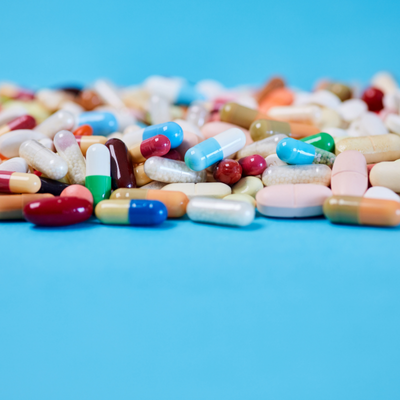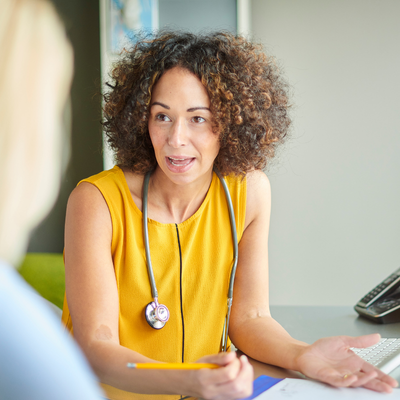International Students
There are a few things that people from abroad often notice about Dutch healthcare. See the blocks below for a brief tour. If you are looking for and more information about healthcare in the Netherlands, please visit this site.
General practitioner (GP)
- The GP is your first contact in The Netherlands, even if you would prefer to see a specialist.
- The general practitioner (GP), called a huisarts in Dutch, is unknown in many health systems. In addition, the role of GPs in other health systems may be different from the very central role of the GP in Dutch healthcare. What to expect from the huisarts.
Life threatening emergency
- In the event of a life threatening emergency: call 112.
- For all other emergencies, call your GP.

Prescribing medications
- In the Netherlands, doctors prescribe antibiotics and other medicines less often than is common in other countries.
- After a consultation, it is possible that you will receive a diagnosis but no medication.
- You are advised to come back if the symptoms do not get better. You may also be advised to take pain killers like paracetamol to reduce any pain or discomfort.
- Why are doctors less likely to prescribe medication?

About the doctor’s visit
- Dutch GPs may seem blunt and direct: directness is a Dutch cultural trait that may take some time getting used to.
- We recommend that you prepare for each doctor’s visit by writing down your questions and concerns.
- The Dutch are liberal when it comes to nudity. You might not be offered a privacy screen to get undressed behind or a sheet to cover yourself with during an examination. If you are uncomfortable with this, for example because of your culture or religion, you can tell your doctor about your concerns and needs.
- Women (and men) can always bring someone with them to a doctor’s visit.